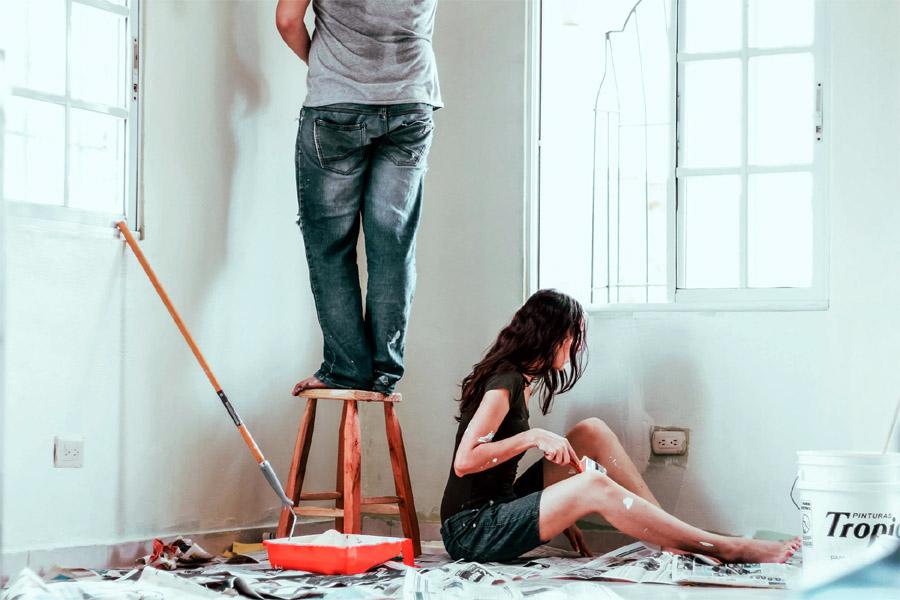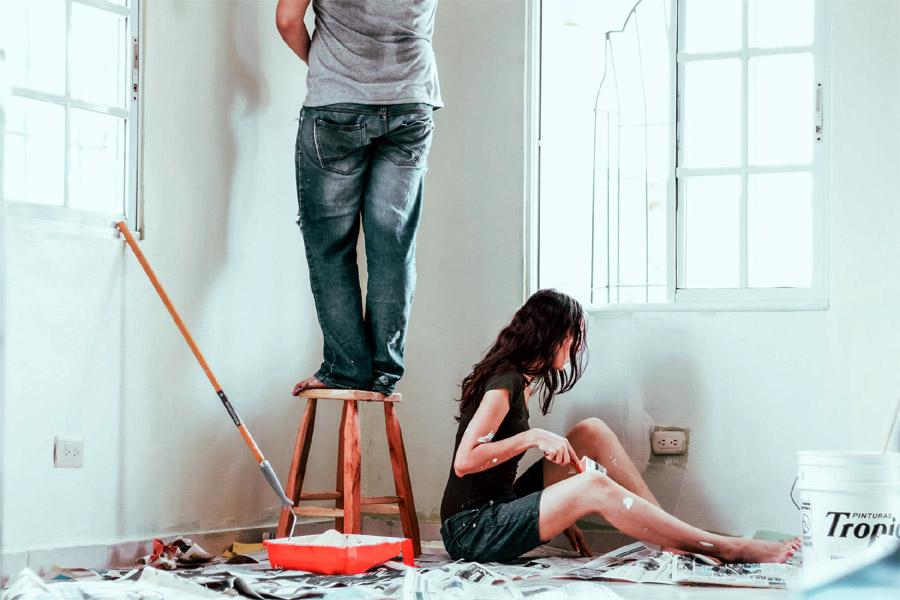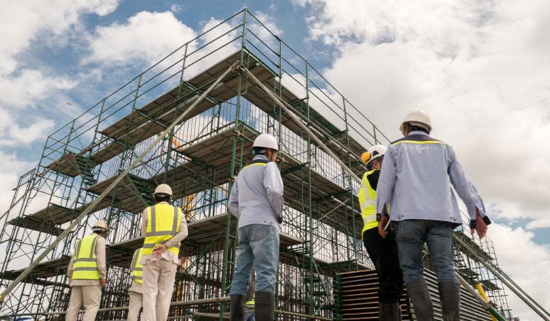When you buy a fixer-upper property, you can create instant equity by renovating it. That lets you either sell it for a profit (flipping) or refinance and keep it as a cash-flowing rental property (the BRRRR method).
It sounds great on paper, but fixer-uppers don’t always turn out that way. You can quickly end up with a money pit that costs you far more than you can recoup by selling or refinancing.
Before investing in a fixer-upper home, understand the pitfalls and learn how to forecast your costs accurately.
What Is a Fixer-Upper?
At the risk of pulling a Captain Obvious, a fixer-upper is a real property that needs, well, fixing up.
That could mean anything from cosmetic updating to major renovations and gutting the building. On the cosmetic side, you may be able to make home improvements yourself on weekends over the next year. However, plan on pulling permits and hiring licensed contractors for mechanical or structural repairs.
And, of course, the more work the property needs, the greater the discount you can expect on the purchase price.
Here’s a quick table for a sample budget sheet of a (quite risky) fixer-upper with a total budget of $100,000:
| Category | Estimated Cost | Percentage of Budget |
|---|---|---|
| Purchase Price | $50,000 | 50% |
| Renovation Costs | ||
| – Structural repairs | $20,000 | 20% |
| – Roof replacement | $8,000 | 8% |
| – HVAC system | $5,000 | 5% |
| – Plumbing and electrical | $5,000 | 5% |
| – Kitchen and bathroom update | $10,000 | 10% |
| Miscellaneous Expenses | ||
| – Permits and fees | $2,000 | 2% |
| Total | $100,000 | 100% |
Why is it risky? Well, there are no provisions for emergency expenses, and the budget is used to the brim. We’ll talk about these risks later on.
Now, if this is your first home or investment property, use cosmetic improvements for your first rodeo. Avoid structural issues and major mechanical repairs at all costs. Trust me, you’ll still have more sweet equity challenges than you expect.
Why Buy a Fixer-Upper House?
Before knocking the idea of investing in a renovation project, consider all the benefits.
1. Lower Buying Price
Spoiler alert: fixer-upper homes sell at a much lower purchase price than “move-in ready” or turnkey properties. Even if you scout properties on the MLS through a real estate agent rather than finding off-market properties, you can still potentially score a bargain.
If you’re handy, renovating the property yourself can compound your savings even further compared to paying a contractor.
Beyond the obvious perks, the savings on a fixer-upper also lets you buy into a better neighborhood than you could otherwise afford. With a lower price comes a lower loan amount and monthly mortgage payments.
Lastly, a lower purchase price also means lower closing costs. Points and transfer taxes cost less when you pay less for a property.
2. Fast Equity or Profit
Whether you buy a fixer-upper to live in, keep it as a rental (the BRRRR method), or flip, you can “force equity” quickly through renovation.
If you flip the property immediately, the profit can help you expand your real estate portfolio. Use the profit as a down payment toward your next rental property purchase, which will then start generating monthly real estate cash flow for you.
You can do the same thing by refinancing however, pulling your initial down payment back out of the property when you refinance. Either way, you maintain a high velocity of money, keeping your investment dollars hard at work adding new properties to your portfolio.
 3. Customization
3. Customization
When you buy a property already in move-in condition, someone else has picked out all the finishes, which may or may not reflect your taste or priorities.
When you buy a fixer-upper, you can customize it however you like when renovating it. You can design your dream house with your ideal kitchen, bathrooms, flooring, and more.
4. Lower Initial Property Taxes
Your local county charges property taxes based on each property’s assessed value. A house that clearly needs updating means a lower assessed value, at least at first.
Eventually, the county assessor will determine that your property has been updated. But that could take years, during which time you will benefit from lower property taxes.
Cons of Buying a Fixer-Upper
While flipping homes offers several pros, there are a few drawbacks to consider.
1. Risk of Hidden Renovation Costs
Like your parents always told you, you can’t judge a book by its cover. The same goes for housing investments.
A home could look like it needs some light sprucing up, maybe a quick paint job or new bathroom tiles. But after you get into the property to start renovating, you discover it needs new framing, wiring, plumbing, or any number of other, much more expensive fixes.
If you aren’t careful, a fixer-upper can quickly become a financial burden. It could even cost you more time and money to fix than the property is worth.
2. Risk of Delays
When you hire contractors to do renovations, they could dither and fail to complete the project on time. Similarly, if the property legitimately needs more work than you expected, that too prolongs the project.
Those delays cost you money in carrying costs and lost rents.
If you plan on fixing the property yourself, your time is a factor. Unexpected issues can prevent you from working on the property as planned, causing delays and higher costs.
3. Risk of Theft
Your contractor could run off to Mexico with your materials deposit. Or dodgy neighbors could steal your copper pipes, appliances, or tools.
For that matter, squatters could move in and turn your renovation site into a crackhouse. And you know just how long the eviction process then takes, given their squatters’ rights.
4. Property Taxes Spiking
Although catching a break on property taxes at first sounds appealing, the assessor might get overly optimistic about your property’s assessment value and overcharge you on taxes. Sure, you can appeal the assessment, but that doesn’t mean your county will see reason rather than dollar signs.
Keep in mind that the more upgrading you do, the greater the value of the house will be and, therefore, the higher the property taxes will be.



